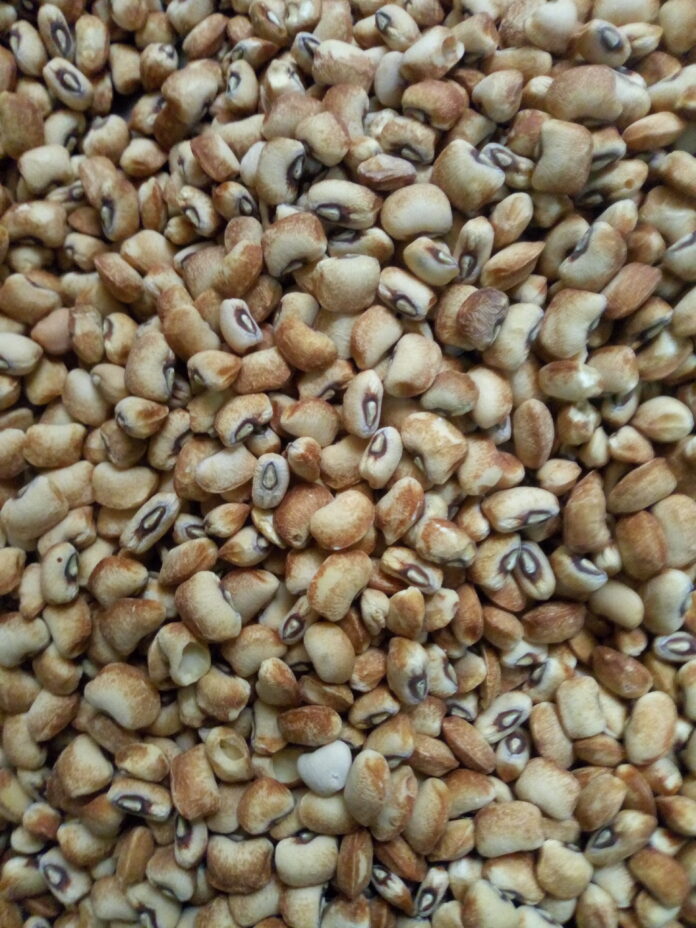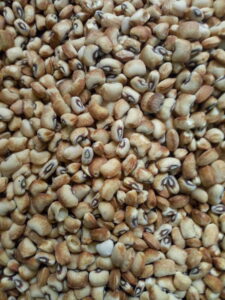Are beans really a good source of protein? Beans are from the legume family, also known as pods. Their nutrient-packed property makes them a worldwide-recognized food and they are enjoyed by many. However, a controversy has recently ensued as to which particular macronutrient is dominant in beans.
Understanding Protein
Protein is a macronutrient that is essential for the human body. It is a complex molecule made up of amino acids, which are the building blocks of protein. Protein plays a vital role in many bodily functions, including:
- Building and repairing tissues: Protein is necessary for building and repairing tissues in the body, including muscles, bones, skin, and hair.
- Producing enzymes and hormones: Protein is needed to produce enzymes and hormones that regulate various bodily functions.
- Maintaining fluid balance: Protein helps to regulate fluid balance in the body by attracting and holding water in tissues.
- Supporting immune function: Protein is necessary for the production of antibodies, which help fight off infections and diseases.
There are two main types of protein:
- Complete proteins: These proteins contain all nine essential amino acids that the body cannot produce on its own. Examples include meat, poultry, fish, eggs, and dairy products.
- Incomplete proteins: These proteins lack one or more essential amino acids. Examples include plant-based foods like beans, lentils, and nuts.
Beans: A Source of Both Protein and Carbohydrates
Beans are actually a great source of both protein and carbohydrates. However, the carbohydrates in beans are considered a “complex carbohydrate” because they contain fiber, which helps slow the absorption of carbohydrates into the bloodstream. This can help you feel full for longer and prevent spikes in blood sugar. Beans are also high in protein, making them a great choice for vegetarians or anyone looking to increase their protein intake.
Calorically, a food material is rich in a particular nutrient when it contains a large amount of that nutrient in relation to its overall caloric content, according to the Academy of Nutrition and Dietetics. For example, beans are rich in protein because they contain a relatively high amount of protein per calorie. Other foods that are considered rich in protein include chicken, fish, eggs, and nuts. The protein density of beans is calculated by dividing the grams of protein by the total calories in a serving.
While it’s true that carbohydrates often make up a larger percentage of the calories in beans than protein, this doesn’t negate their protein content.
Dietary Recommendations
Dietary guidelines typically suggest that carbohydrates should make up 45-65% of total daily calories, while protein should make up 10-35% of total calories. So, while beans are high in carbs, they still provide a significant amount of protein.
Nutrient Balance
Beans are considered a source of complete protein, which means they contain all nine essential amino acids.
Recommended Nutrient Intake
For a food material to be considered as being rich in a particular nutrient, it has to provide the body with at least one-third (⅓) of the Recommended Nutrient Intake (RNI) for that particular nutrient.
The recommended daily intake of protein varies based on factors like age, sex, weight, and activity level. Generally, the recommended intake is:
- 0.8 grams of protein per kilogram of body weight for sedentary adults
- 1.2-1.6 grams of protein per kilogram of body weight for active adults.
Bottom Line
To wrap it up, the controversy surrounding beans as a source of protein has been debunked. With their high-protein content, complete amino acid profile, and versatility in dishes, beans can be considered a valuable source of protein, especially for vegetarians, vegans, and anyone looking to increase their protein intake. Despite the high carbohydrate content of beans, the protein density shows that beans are more than just a carbohydrate source, but a well-rounded protein powerhouse.
Resources
- Academy of Nutrition and Dietetics. (2020). What is a nutrient-dense food?
- Dietary Guidelines for Americans (DGA) (2020-2025). https://health.gov/dietaryguidelines/2020-2025-dietary-guidelines-online-materials/.
- Inflection AI. https://inflection.ai/.
- Forbes Health: “10 Best High-Protein Foods, According to Experts” (Forbes Health, 2022). https://www.forbes.com/health/body/best-high-protein-foods/.





